Hand-eye Coordination Normal Alphabet Worksheets for Ages 5-6
16 filtered results
-
From - To
Enhance your child's hand-eye coordination and early literacy skills with our engaging Normal Alphabet Worksheets designed specifically for ages 5-6! These thoughtfully crafted activities invite young learners to practice letter recognition and formation, improve fine motor skills, and develop spatial awareness. Each worksheet combines fun illustrations and interactive tasks that keep children motivated and excited to learn. As they trace, color, and connect the alphabet, your little ones will boost their cognitive abilities while having fun. Perfect for parents and educators looking to support a strong foundation in early childhood education, our worksheets are an essential resource for balanced learning fun!
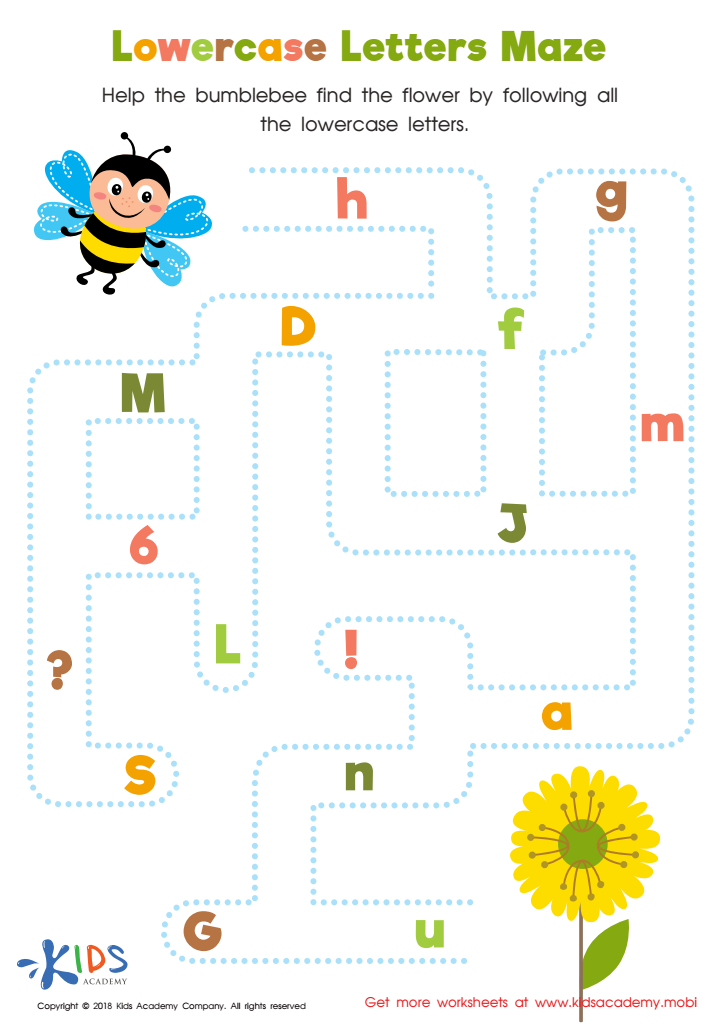

Lowercase Letters Maze Worksheet
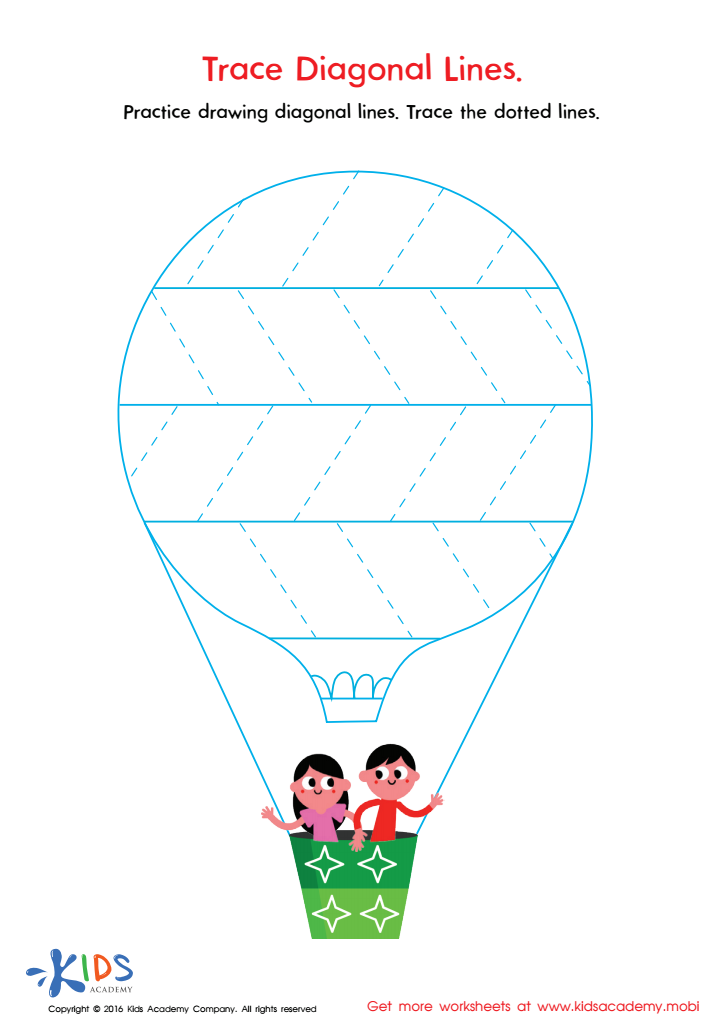

Trace Diagonal Lines Worksheet
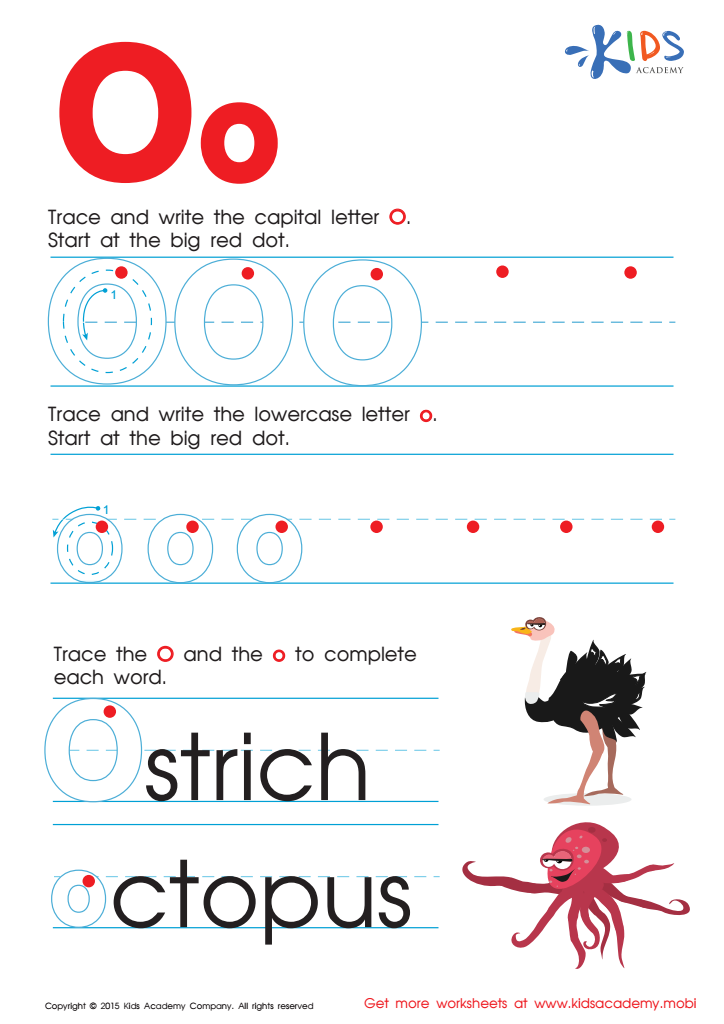

Letter O Tracing Page
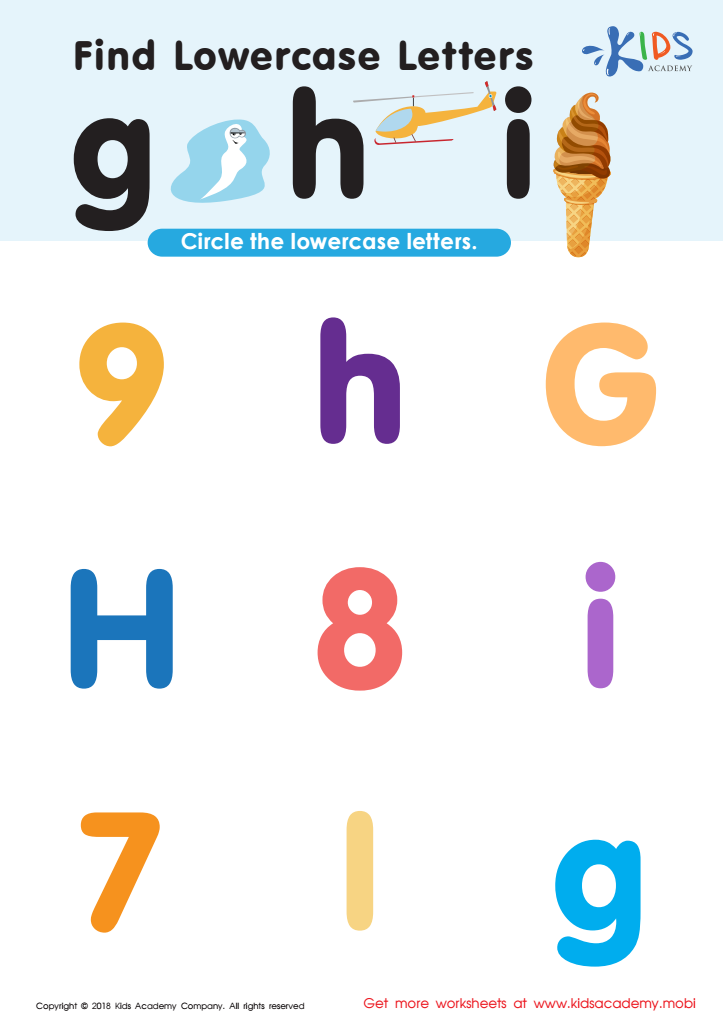

Find Lowercase Letters g h i Worksheet


Letter P Tracing Page


Letter H Tracing Page


Long Vowel Maze /o/ and /i/ Worksheet
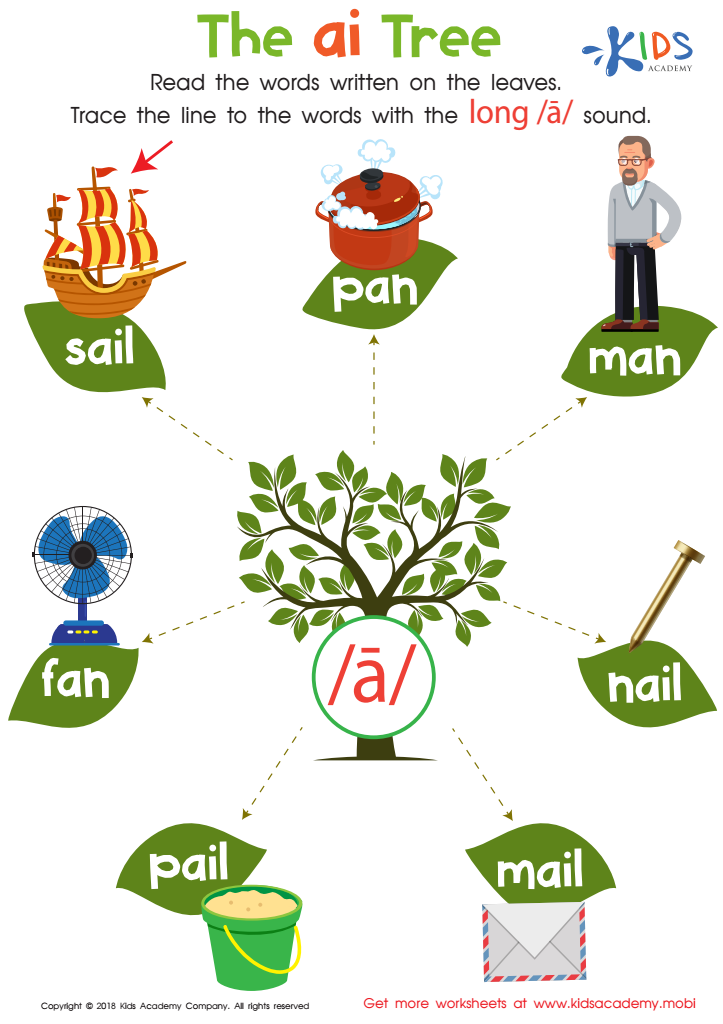

The AI Tree Worksheet
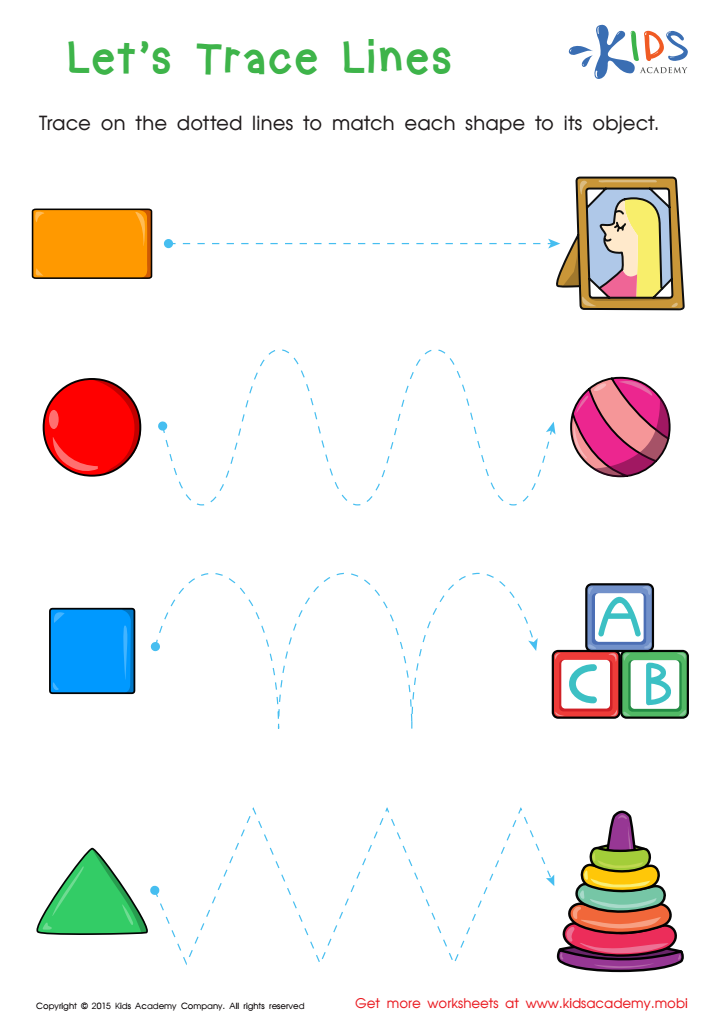

First Words: Let's Trace Lines Worksheet


Long and Short U Worksheet
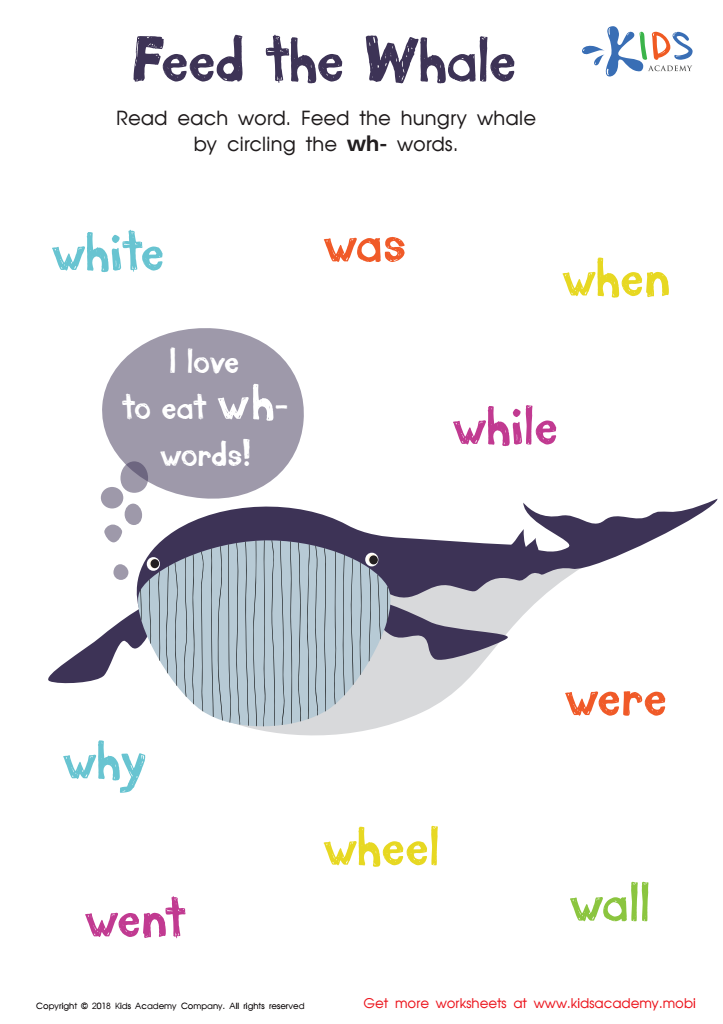

Feed the Whale Worksheet
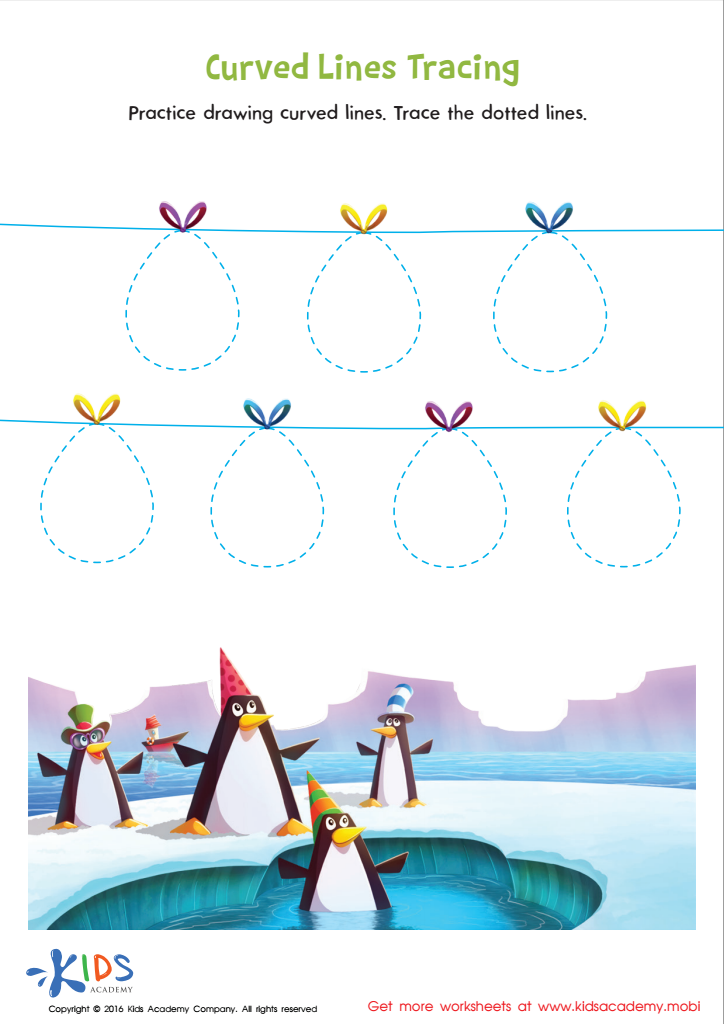

Curved Lines Tracing Worksheet
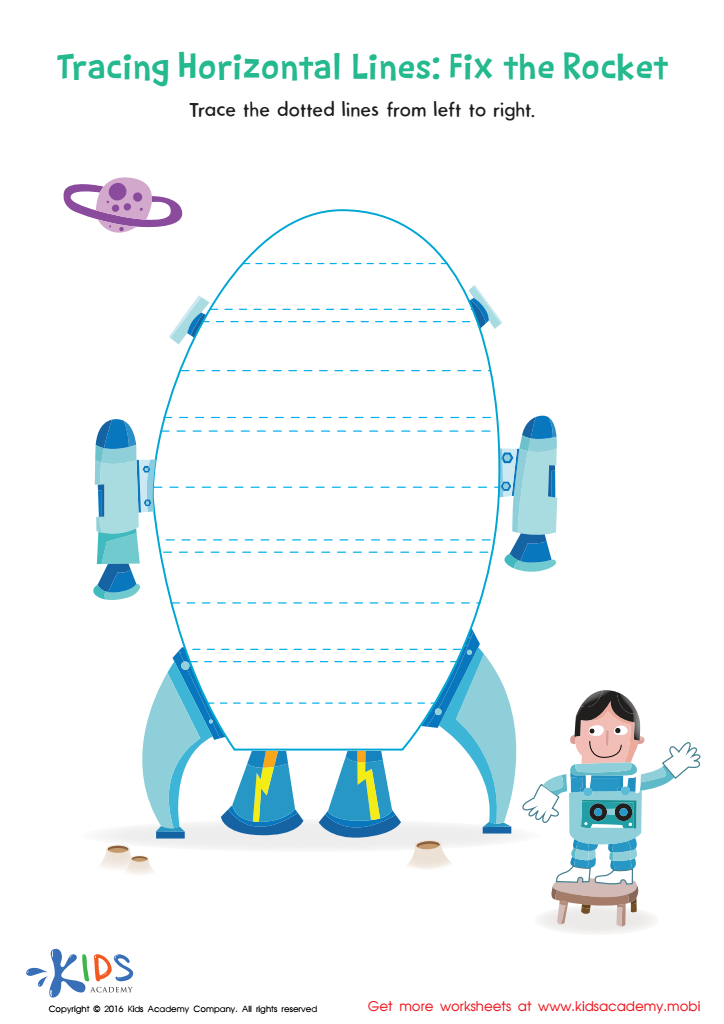

Tracing Horizontal Lines Worksheet
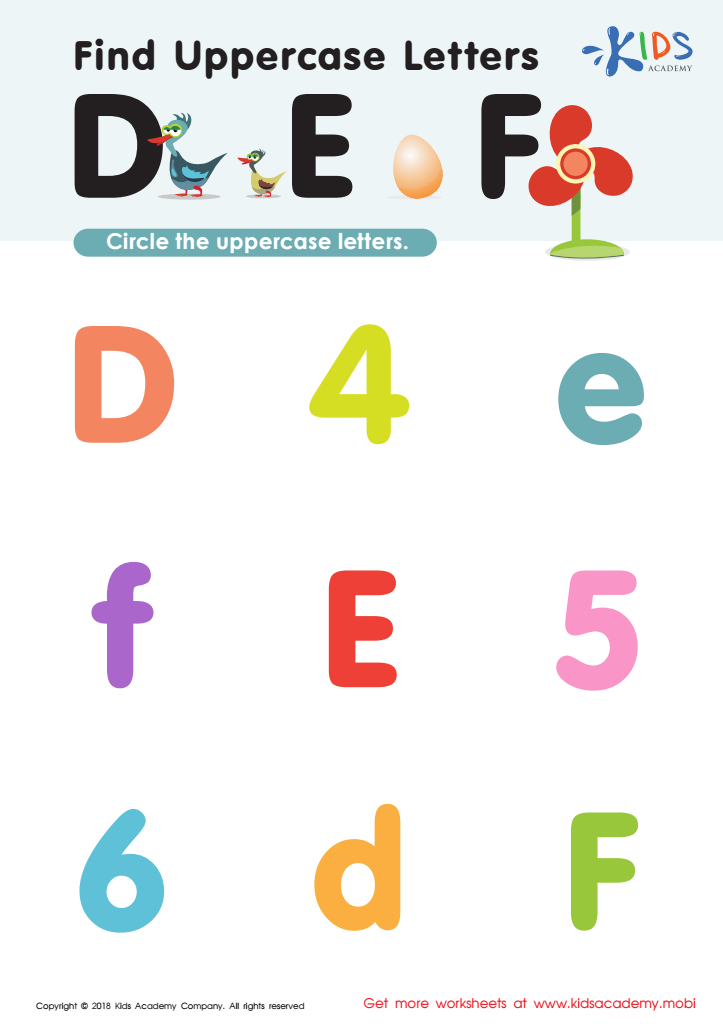

Find Uppercase Letters D, E, and F Worksheet


Long and Short E Worksheet
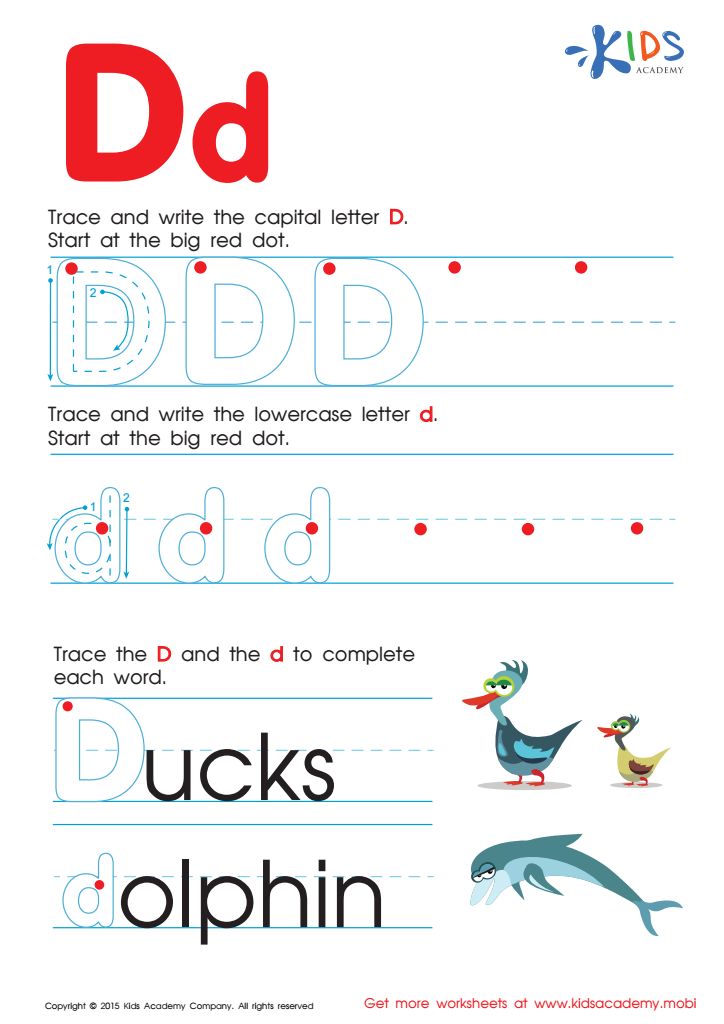

Letter D Tracing Page
Hand-eye coordination is a fundamental skill that develops in early childhood, serving as a crucial building block for various tasks and activities. For parents and teachers, nurturing hand-eye coordination in children aged 5-6 is essential for several reasons. Firstly, this skill directly impacts a child's ability to learn and engage in academic activities such as writing letters, drawing, and eventually reading. As children learn to write the normal alphabet, effective hand-eye coordination allows them to form letters correctly and maintain appropriate spacing.
Secondly, proficient hand-eye coordination enhances children's physical activities, including sports and recreational games, which are vital for their overall development. Participating in these activities builds confidence and fosters teamwork and social skills.
Moreover, developing hand-eye coordination at this age can help prevent future learning difficulties. Children who struggle with these skills may face challenges in fine motor tasks later in their education. Early intervention in honing these abilities promotes success and a positive attitude toward learning.
Lastly, positive reinforcement in developing hand-eye coordination can strengthen the parent-child or teacher-student bond, motivating children to practice and advance their skills. Ultimately, caring for this key developmental aspect ensures children's readiness for subsequent educational and life challenges.
 Assign to My Students
Assign to My Students















